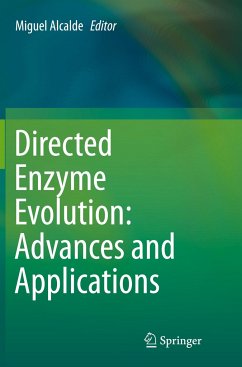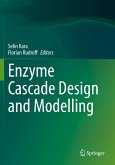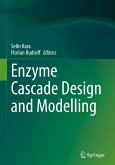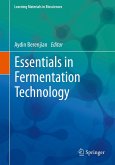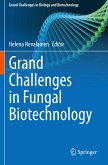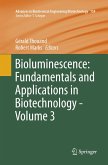This book focuses on some of the most significant advances in enzyme engineering that have been achieved through directed evolution and hybrid approaches. On the 25th anniversary of the discovery of directed evolution, this volume is a tribute to the pioneers of this thrilling research field, and at the same time provides a comprehensive overview of current research and the state of the art.
Directed molecular evolution has become the most reliable and robust method to tailor enzymes, metabolic pathways or even whole microorganisms with improved traits. By mirroring the Darwinian algorithm of natural selection on a laboratory scale, new biomolecules of invaluable biotechnological interest can now be engineered in a manner that surpasses the boundaries of nature.
The volume is divided into two sections, the first of which provides an update on recent successful cases of enzyme ensembles from different areas of the biotechnological spectrum, including tryptophan synthases, unspecific peroxygenases, phytases, therapeutic enzymes, stereoselective enzymes and CO2-fixing enzymes. This section also provides information on the directed evolution of whole cells. The second section of the book summarizes a variety of the most applicable methods for library creation, together with the future trends aimed at bringing together directed evolution and in silico/computational enzyme design and ancestral resurrection.
Directed molecular evolution has become the most reliable and robust method to tailor enzymes, metabolic pathways or even whole microorganisms with improved traits. By mirroring the Darwinian algorithm of natural selection on a laboratory scale, new biomolecules of invaluable biotechnological interest can now be engineered in a manner that surpasses the boundaries of nature.
The volume is divided into two sections, the first of which provides an update on recent successful cases of enzyme ensembles from different areas of the biotechnological spectrum, including tryptophan synthases, unspecific peroxygenases, phytases, therapeutic enzymes, stereoselective enzymes and CO2-fixing enzymes. This section also provides information on the directed evolution of whole cells. The second section of the book summarizes a variety of the most applicable methods for library creation, together with the future trends aimed at bringing together directed evolution and in silico/computational enzyme design and ancestral resurrection.

